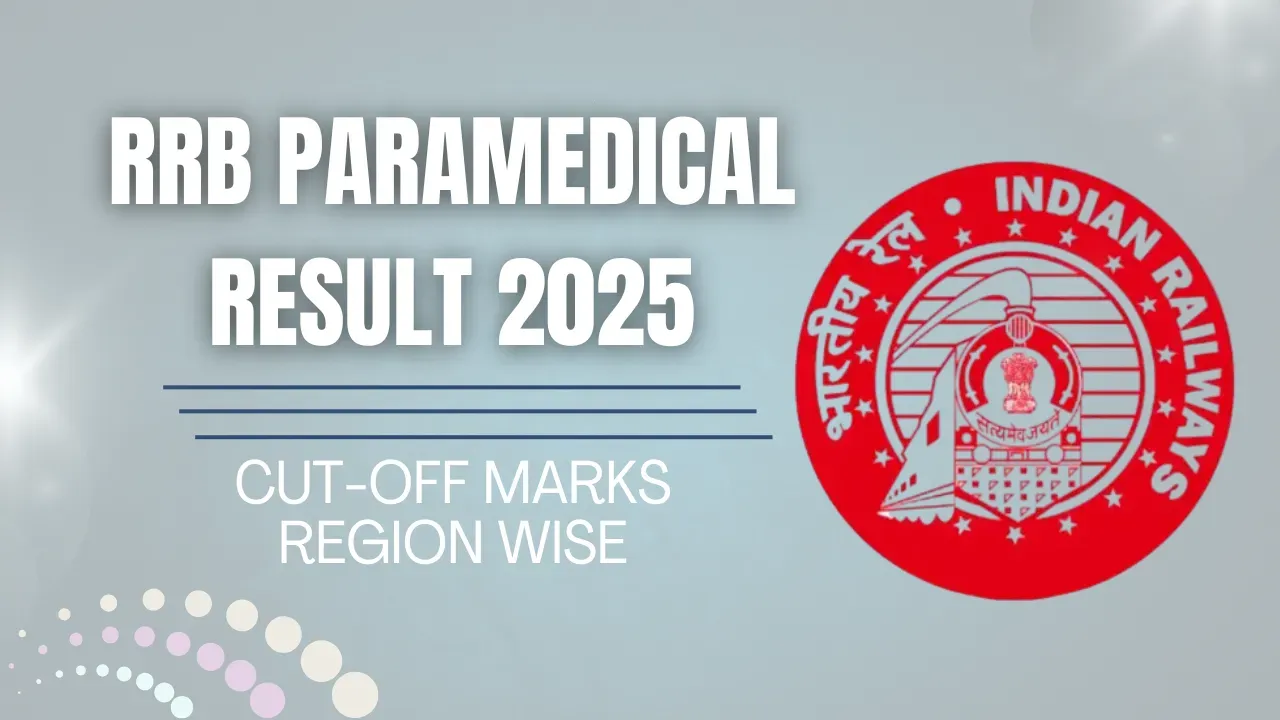Why Nurses Are the Backbone of Patient Care in Modern Healthcare: In the intricate world of modern healthcare, where technology, treatment protocols, and complex diagnoses converge, it is the nurse who remains the steady, compassionate presence at the heart of patient care.
Their tireless work ensures not only the physical well-being of patients but also their emotional and psychological support. Nurses are, quite literally, the backbone of patient care—the essential link that holds the healthcare system together.
1. Continuous and Comprehensive Presence
Unlike other medical professionals who may see patients periodically, nurses are there 24/7. They provide ongoing assessments, administer treatments, and attend to immediate needs. Their constant presence fosters trust, comfort, and a deeper understanding of each patient’s condition.
2. Early Detection Saves Lives
Nurses’ ability to recognize subtle changes in a patient’s condition—like altered vital signs, shifts in mood, or physical distress—often allows for early intervention. Their vigilance can be the difference between recovery and complication.
3. Clinical Expertise in Action
Today’s nurses are highly trained professionals. From administering complex medications to handling ventilators and infusion pumps, they deliver skilled, technical care with precision. Their hands-on expertise is vital for patient stability and recovery.
4. Patient Advocacy at the Core
Nurses act as the voice for their patients. They ensure that patients’ preferences, concerns, and rights are respected and communicated. In moments when patients may feel overwhelmed or unheard, nurses step in to advocate for what’s best.
5. Emotional Support That Heals
Healthcare journeys are often marked by anxiety, fear, or grief. Nurses provide compassionate listening, reassurance, and emotional comfort to both patients and families. Their presence can ease emotional burdens and contribute significantly to healing.
6. Educators and Empowerers
A major part of the nursing role is patient education. Nurses explain diagnoses, medications, procedures, and discharge instructions in ways that are understandable and practical. This empowerment leads to better patient compliance and long-term outcomes.
7. Coordinating Seamless Care
Nurses manage the complex web of healthcare communication. They coordinate between doctors, specialists, technicians, and families, ensuring continuity and efficiency in treatment. Their behind-the-scenes orchestration improves care delivery.
8. Champions of Patient Safety
Safety protocols, medication checks, infection control, and fall prevention—nurses are central to all of these efforts. Their attention to detail, adherence to guidelines, and proactive approach prevent countless errors daily.
9. Adapting to Ever-Changing Challenges
Modern medicine is dynamic. With new diseases, technologies, and treatment plans emerging regularly, nurses must adapt quickly. Whether it’s managing advanced equipment or understanding evolving patient needs, nurses rise to the challenge.
10. Holistic Care for the Whole Person
More than just treating symptoms, nurses care for the whole individual. They consider emotional, social, and spiritual dimensions of health, offering a truly patient-centered approach. This holistic care results in deeper healing and dignity for every patient.
Conclusion: The Unseen Strength Behind Every Recovery
The phrase “backbone of patient care” is no exaggeration when applied to nurses. They blend science with compassion, structure with flexibility, and vigilance with empathy. As healthcare systems grow more complex, the role of nurses only becomes more critical.
In hospitals, clinics, homes, and communities, nurses hold the health of the nation in their capable hands. Honoring and investing in their training, well-being, and leadership is not just necessary—it’s essential for the future of quality healthcare.














